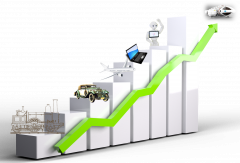Kari Lilja, TkT, Erikoistutkija; Sirpa Sandelin, TkT, Yliopettaja
English version: Click the link
Kun noin puolitoista vuotta sitten selvitimme, minkälaista osaamista yrittäjät ja PK-yritykset tarvitsevat, tulosten mukaan eniten tukea ja koulutusta tarvittiin digitalisaatioon ja kestävään kehitykseen liittyvien kysymysten ja ongelmien ratkaisuun. Jos sama kysely tehtäisiin nyt, uskoisin, että edellä mainittujen asioiden rinnalle olisi tullut energian ja raaka-aineiden saannin sekä valmiiden tuotteiden toimitusten turvaaminen, omavaraisuus ja huoltovarmuus. Saattaisipa jopa olla, että etenkin kestävä kehitys jäisi nyt monen mielissä taka-alalle.
Huoli tulevasta talvesta on suuri.
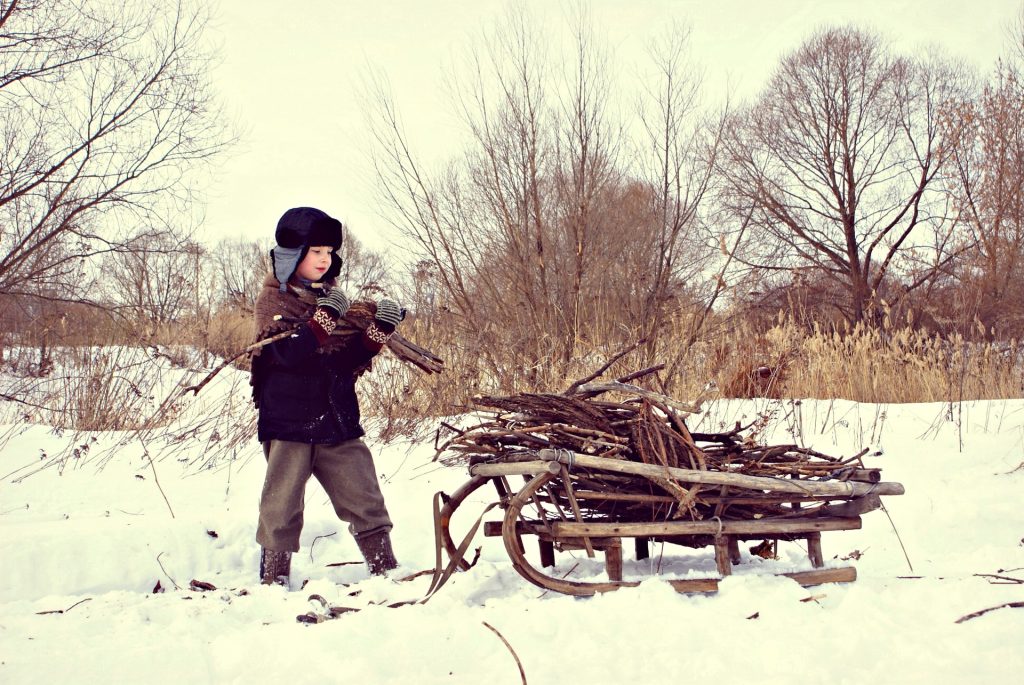
Vaikka Suomi ei olekaan varsinainen sodan osapuoli, sodan julmat kasvot näkyvät meilläkin. Mahdollisista sähkökatkoista varoitellaan, ihmisiä neuvotaan varautumaan kotivaralla mahdollisiin toimitushäiriöihin ja saatavuuden ongelmiin. Kouluissa ja laitoksissa harjoitellaan toimintoja poikkeusolojen – lähinnä sähkökatkojen – varalle. Mutta kuka on nähnyt tai kuullut, että pieniä ja keskisuuria yrityksiä ja yrittäjiä olisi opastettu siitä, miten pitäisi toimia, jos pankit eivät toimi päiväkausiin? Miten maksaa laskut ja palkat, jos tietoliikenne on jumissa eivätkä siirtotiedostot kulje? Onko kukaan suunnitellut tai laskenut, miten suuria raaka-aineiden, tarvikkeiden ja apuaineiden varmuusvarastoja yrityksillä pitäisi olla, jotta tuotanto ei katkeaisi, ja miten nuo varastot rahoitettaisiin? Jos polttoaineen saanti vaikeutuu, miten turvataan työvoiman pääsy työpaikoille? Avoimia kysymyksiä on paljon. Harvalla pienellä ja keskisuurella yrityksellä on riittävästi pääomia edes viikon varastojen rahoittamiseen, saati sitten kuukauden tai kahden kuukauden. Jos maksuliikenne asiakkailta takkuilee, pääoman tarve kasvaa entisestään. Ja kaiken kukkuraksi eteen povataan vähintään taantumaa.
Maamme huoltovarmuus on suurelta osin pienten ja keskisuurten yritysten varassa.
Ja tuo huoltovarmuus on paljon muutakin kuin viisi litraa vettä oven pielessä ja jätepussi WC-pöntön sisäkuorena. Siihen liittyy kyky tuottaa tuotteita myös poikkeusoloissa. Siihen liittyy kyky ennakoida, kyky ratkaista eteen tulevia ongelmia luovasti ja kyky nähdä, suunnitella ja ajatella kokonaisvaltaisesti. Ennakointi, luovuus ja kokonaisvaltainen asioiden hahmotuskyky ovat ominaisuuksia, joiden on mainittu löytyvän monen menestyneen yrittäjän taustalta. Samalla ne ovat myös ominaisuuksia, joita voi oppia ja kehittää vain tiettyyn rajaan saakka: Perusta näille taidoille on ihmisessä itsessään.

Poikkeusolosuhteissa yrittäjältä vaaditaan myös vahvaa ydinosaamista oman yrityksensä toimialalta. On tunnettava yrityksen toiminta, tuotteet ja toimintaympäristö. On osattava priorisoida ja tehdä strategisia alliansseja, toisin sanoen, löytää kumppaneita, jotka täydentävät yrityksen toimintaa ja joiden toimintaa yritys voi täydentää niin, että yritykset yhdessä sinnittelevät läpi poikkeusolojen, kenties hyötyvätkin niistä, ja ovat olojen normalisoiduttua valmiita uuteen kasvuun.
Haasteita siis riittää.
Ja haasteita riittää myös niillä, jotka tänä aikana suunnittelevat uusia koulutuksia yrittäjille, yrityksille ja niiden työntekijöille. Käynnissä olevien Sustainabuild- ja DIG-CON hankkeiden sekä joulukuussa käynnistyvän BA&VET – hankkeen tavoitteina on luoda yrityksille, yrittäjille, työntekijöille ja opiskelijoille koulutuksia kestävän kehityksen tavoitteiden (Sustainabuild) ja digitaalisuuden (DIG-CON) merkityksestä rakennusalalle sekä toimialariippumattomasti johtamis-, yrittäjyys- ja digitaalisuuskoulutusta (BA&VET). Pitäisikö poikkeusolosuhteet huomioida myös näissä koulutuksissa ja jos, miten, on kysymys, johon ei ole yksiselitteistä vastausta. Edellä mainitut koulutukset käynnistyvät yhden – kolmen vuoden aikajänteellä, ja toivottavaa tietysti on, että sota Ukrainassa on silloin päättynyt. Mutta onko se? Ja millaisin seurauksin? Miltä Eurooppa näyttää kolmen vuoden kuluttua? Tai maailma? Entä Suomi?
Kukaan ei tiedä.
Mutta melko varmasti voimme ennakoida, että energia- ja ympäristökysymykset ovat nykyistä polttavampia. Suhteellisen varmasti voimme ennakoida, että ihmisoikeuskysymykset ovat myös tapetilla. Ukrainan jälleenrakentaminen, jos siihen päästään, syö paljon resursseja ja pääomia, mutta tarjoaa myös paljon mahdollisuuksia yrityksille ja yrittäjille. Sitä enemmän, mitä lähempänä kohdemaata yritys sijaitsee. Eikä ole kokonaan pois suljettu sekään kauhuskenaario, että myös suuret osat Eurooppaa saattaisivat olla jälleenrakentamisen tarpeessa.
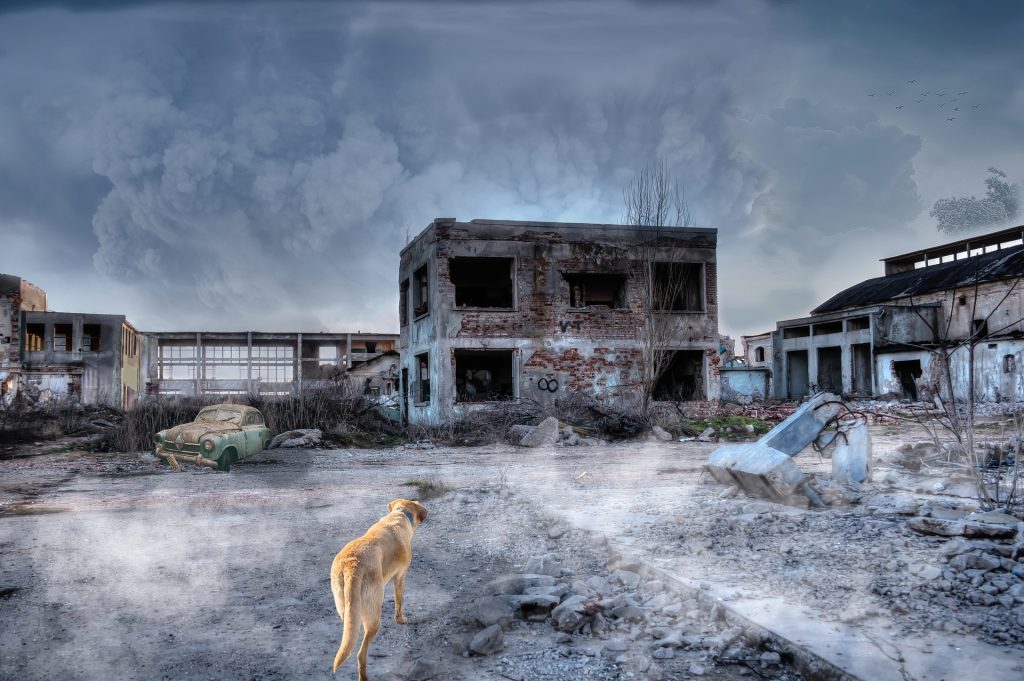
Tuollainen tilanne olisi tietysti, Rudyard Kiplingin sanoin, kokonaan toinen juttu.
English version
The challenge of having skills needed
When we about a year and a half ago studied, what kind of skills entrepreneurs and SMEs need, according to the results, the most support and training was needed to solve questions and problems related to digitalization and sustainable development. If the same survey would be conducted now, I would believe that, alongside the above-mentioned issues, securing the supply of energy and raw materials as well as the supply of finished products, self-sufficiency and security of supply would have been included. The sustainable development and its goals could now take a back seat in the minds of many.
The worry about the coming winter is great.
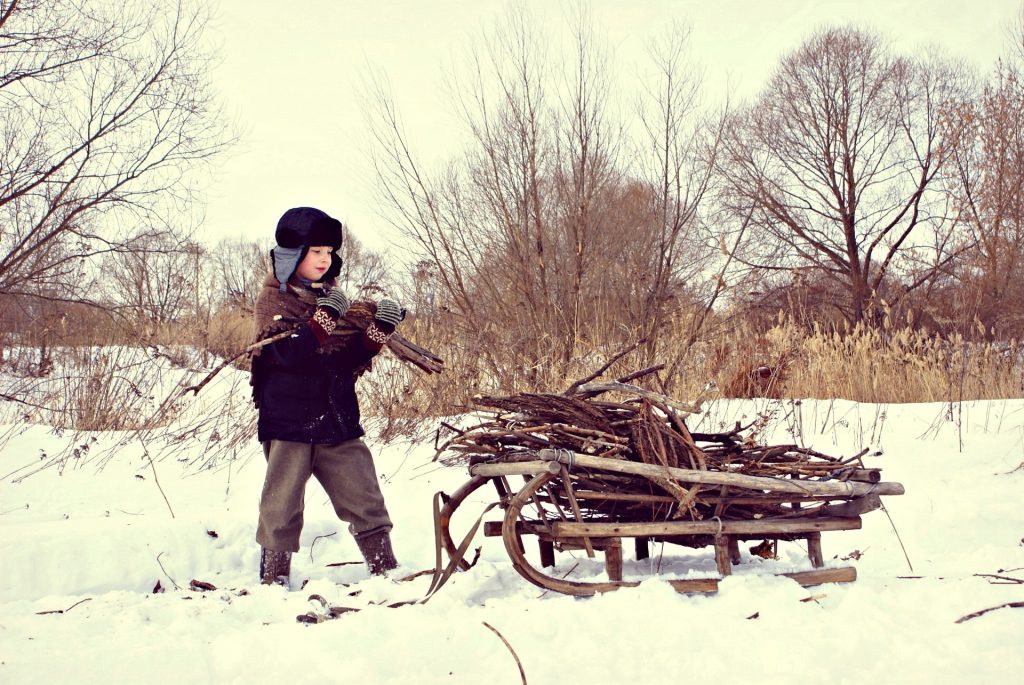
Although Finland is not actually a party to the war, the cruel faces of the war can be seen here too. Warnings are given of possible power outages, people are advised to prepare home reserves for possible supply disruptions and availability problems. In schools and institutions, activities are practiced to be prepared for exceptional circumstances – mainly power cuts. But, who has seen or heard that small and medium-sized companies and entrepreneurs have been instructed on how to act if the banks do not work for days? How to pay bills and salaries if the communication is stuck and the transfer files are not moving? Has anyone planned or calculated how large backup stocks of raw materials, supplies and auxiliary materials companies should have so that production is not interrupted, and how those stocks would be financed? If the supply of fuel becomes difficult, how will the labor force’s access to the workplaces be secured? There are many open questions. Few small and medium-sized companies have enough capital to finance even a week’s inventory, let alone a month or two. If payment traffic from customers slows down, the need for capital will increase even more. And, to top it all off, at least a recession is predicted.
Our country’s maintenance and supply security largely depends on small and medium-sized companies.
And that maintenance and supply security and resilience is much more than five liters of water on the side of the door and a garbage bag as the inner shell of the toilet seat. It involves the ability to produce products even under exceptional conditions. It involves the ability to foresee, the ability to solve creatively the problems that arise, and the ability to see, plan and think holistically. Anticipation, creativity and the comprehensive ability to visualize things are properties that have been mentioned as being found in the background of many successful entrepreneurs. At the same time, they are also topics that can be learned and developed up to a certain limit only: The basis for these skills is in the characteristics of the person himself.

In exceptional circumstances, the entrepreneur is also required to have strong core competence in his / her own company’s industry. He / she must be familiar with the company’s operations, products and operating environment. One has to know how to prioritize and make strategic alliances, in other words, how to find partners who complete the company’s operations and whose operations the company can complete so that the companies together persevere through exceptional conditions, perhaps even benefit from them, and are ready for new growth when conditions normalize.
Thus, there are plenty of challenges.
And there are enough challenges for those who plan new training courses for entrepreneurs, companies and their employees during this time too. The goals of the ongoing Sustainabuild and DIG-CON projects, as well as the BA&VET project starting in December, are to create training for companies, entrepreneurs, employees and students about the importance of sustainable development goals (Sustainabuild) and digitalization (DIG-CON) for the construction industry, as well as industry-independent management, entrepreneurship and digital training (BA&VET). Whether exceptional circumstances should also be taken into account in these trainings and if so, how, is a question to which there is no clear answer. The above-mentioned trainings will start in one to three years, and, of course, it is hoped that the war in Ukraine will have ended by then. But is it? And what are the consequences? What will Europe look like after three years? Or the world? What about Finland?
No one knows.
But we can definitely predict that energy and environmental issues will be more burning than they are now. We can predict with relative certainty that human rights issues will also be very topical. The reconstruction of Ukraine, if it can be achieved, will consume a lot of resources and capital, but it will also offer all kind of opportunities for companies and entrepreneurs. The more, the closer the company is to the target country. Furthermore, the horror scenario that large parts of Europe could also be in need of reconstruction is not completely ruled out either.
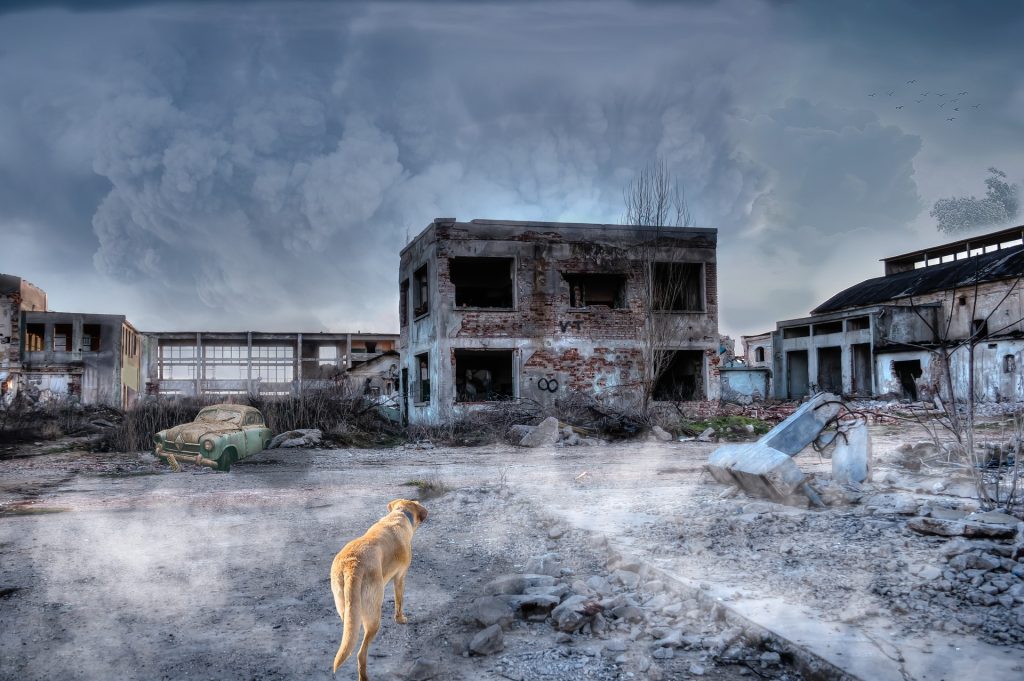
Such a situation would, of course, borrowing the words of Rudyard Kipling, be another story.
Artikkeli on kirjoitettu Euroopan unionin Erasmus+ -ohjelman rahoittamien DIG-CON, BA&VET ja Sustainabuild -hankkeiden puitteissa. Vastuu artikkelissa esitetyistä näkemyksistä on yksinomaan kirjoittajilla.
This article was written in the framework of the DIG-CON, BA&VET and Sustainabuild-projects funded by the European Union’s Erasmus + program. The sole responsibility for the views expressed in this article lies with the authors.

